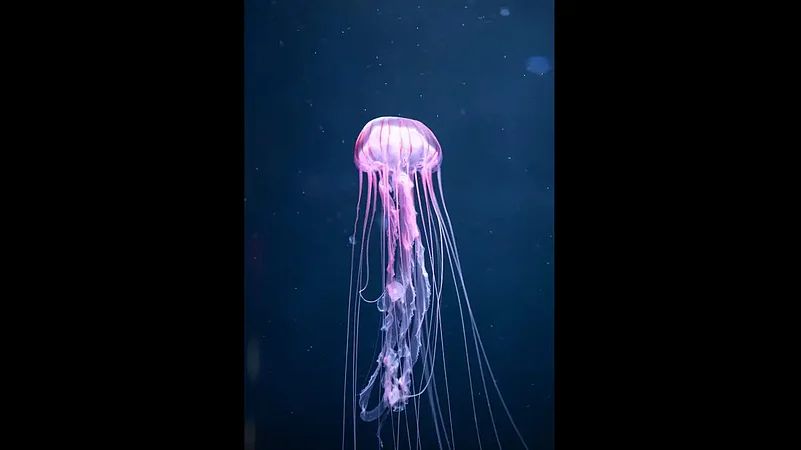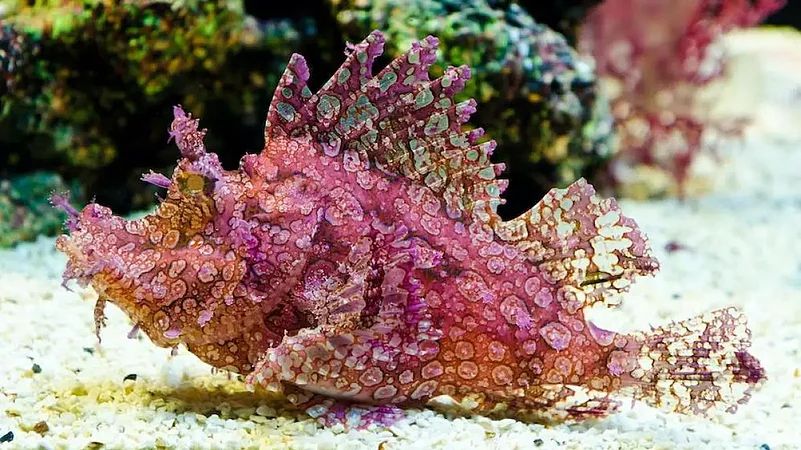The fact that water makes up 70% of the Earth is common knowledge. However, did you know that oceans serve as the world’s largest source of protein, with more than 3 billion people depending on them as their primary source of protein? Not only that, according to UNESCO, an estimated 3 million shipwrecks are spread across ocean floors around the planet. More life forms exist underwater than above. And all this has been discovered only in the 5% of ocean waters we’ve already explored. (Yes, we've only explored that much of our vast oceans.)
June 8 is marked as World Oceans Day ‘for celebrating the roles of oceans in our everyday life and inspiring action to protect the ocean and sustainably use marine resources,’ according to the UN. The theme for this year is “Innovation for a Sustainable Ocean” and various virtual and engaging events have been planned throughout the day, a list of which can be accessed here.
As life underwater continues to fascinate us, here are 9 images celebrating what the oceans hold beneath them:



The Chrysaora Pacifica, commonly Japanese sea nettle, is native to the northwest Pacific Ocean Shutterstock






The Underwater Museum of Art surrounding the Cancun and Isla Mujeres has over 500 life-size sculptures used to promote coral life Shutterstock





















